Search Results for: antarctica
Skip to resultsCan’t find what you’re looking for? Visit our FAQ page.
1,396 results for: antarctica
-
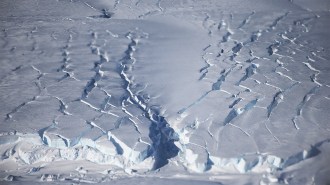 Climate
ClimateHidden Antarctic lakes could supercharge sea level rise
An overlooked Antarctic water system could raise sea levels by more than 2 meters by 2300, computer simulations show.
By Nikk Ogasa -

A daring plan to hold back the sea
Editor in chief Nancy Shute discusses the audacious ways scientists are considering to combat Earth's rising sea levels.
By Nancy Shute -
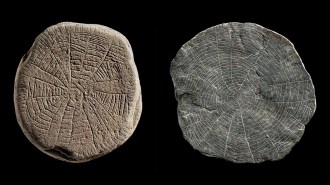 Archaeology
ArchaeologyAncient, engraved stones may have been buried to summon the sun
Members of a Stone Age culture in Denmark may have ritually buried stones to counter the effects of a volcanic eruption.
-
 Earth
EarthHow hot can Earth get? Our planet’s climate history holds clues
Earth has survived huge temperature swings over eons of climate change. Humans might not be so lucky.
By Elise Cutts -
 Physics
PhysicsA cosmic neutrino of unknown origins smashes energy records
A deep-sea detector glimpsed a particle with 220 million billion electron volts of energy — around 20 times as energetic as any neutrino seen before.
-
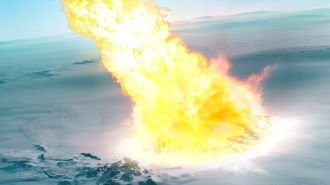 Life
LifeThese scientific feats set new records in 2024
Noteworthy findings include jumbo black hole jets, an ultrapetite frog, ancient asteroid remnants and more.
-
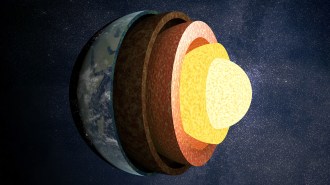 Earth
EarthEarth’s inner core may be changing shape
Earthquake data suggest that all or small patches of the inner core's surface may be swelling and contracting.
By Nikk Ogasa -
 Climate
ClimateClimate change made 2024 the hottest year on record. The heat was deadly
Heat waves fueled by climate change killed scores of people and upended daily life. Here are some of those stories.
By Carolyn Gramling and Nikk Ogasa -
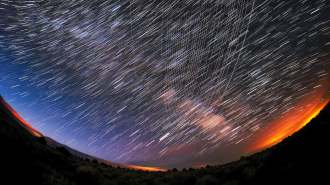 Climate
ClimateSatellite space junk might wreak havoc on the stratosphere
Hundreds of defunct satellites plunge toward Earth every year. Scientists are studying how the chemical stew left in their wake impacts the atmosphere.
-
 Paleontology
PaleontologyCould Spinosaurus swim? The fierce dinosaur ignites debate
Researchers are still divided about whether Spinosaurus was a swimmer or a wader. What’s clear is that confirming the first swimming dinosaur would be a game-changer.
-
 Climate
ClimateClimate change is driving the extreme heat baking France’s Olympics
In this week’s Extreme Climate Update, we look at record-breaking temps around the world and explain what the heat index is.
By Nikk Ogasa -
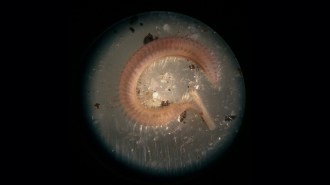 Animals
AnimalsBeneficial bacteria help these marine worms survive extreme cold
Three species of marine worms living in Antarctic waters have beneficial relationships with bacteria that produce antifreeze proteins.